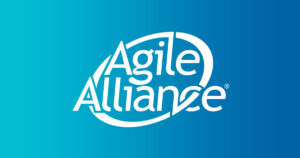Agile development requires teams to self-organize. However, this doesn’t happen by chance. Teams have to be set up in a way that allows them to self-organize. And moreover, if you work on a large project with more than one team the team structure should still enable self-organization. The same is true for global development.
This session covers the essentials for building productive self-organizing teams for small and collocated and as well for large and distributed settings.



